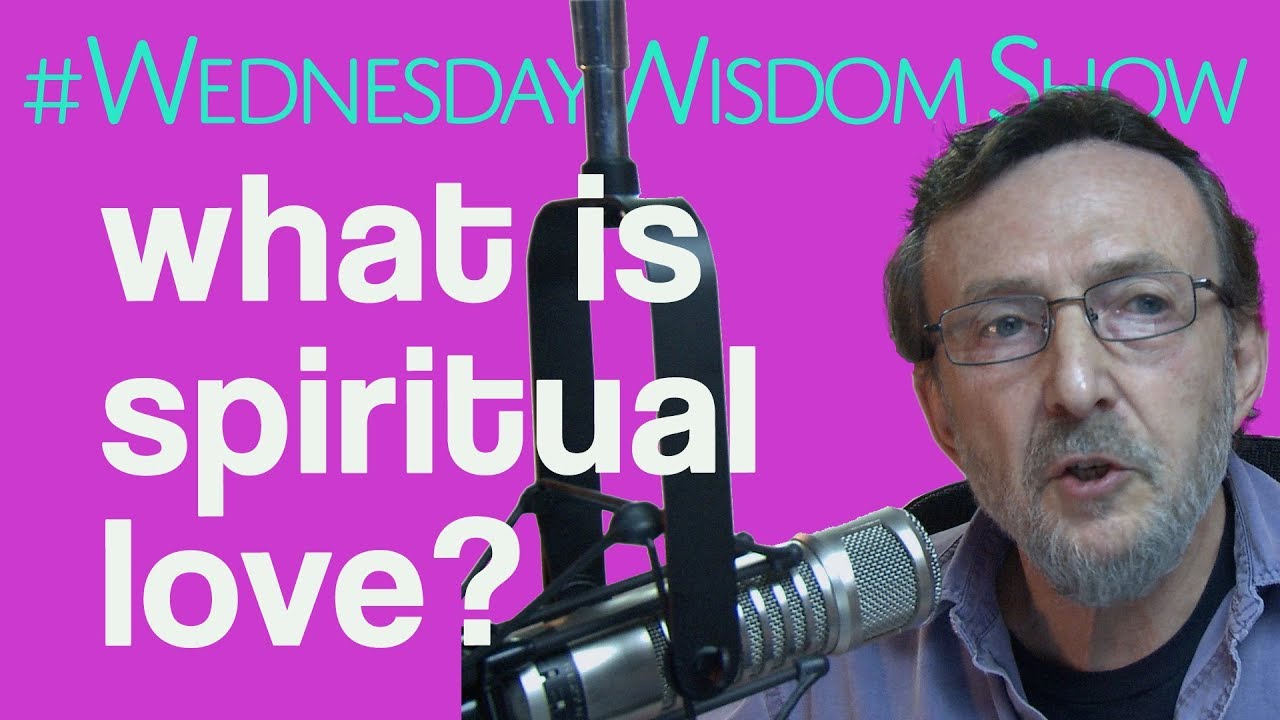Slavoj Zizek. Plea for Ethical Violence. 2004 4/6
Summary
TLDRThis philosophical discourse explores the paradox of love and hatred, arguing that universal love necessitates the existence of exceptions, leading to hatred of specific individuals. The speaker critiques the grounding of ethics in personal relationships, suggesting that true justice arises from a focus on the faceless third, rather than on the individual face. Drawing on figures like Adorno and Lacan, the discussion delves into the inhuman as a dimension beyond traditional human relationships, highlighting the complexities of ethics and the necessity of a broader understanding of humanity that includes the alienated and the inhuman.
Takeaways
- 😀 Universal love can lead to hatred of exceptions, highlighting the tension between love and indifference.
- 😀 True love emerges from universal indifference rather than from universal hatred.
- 😀 The ethical step involves focusing on faceless third parties, emphasizing justice over individual relationships.
- 😀 Justice cannot be grounded solely in the relationship to others' faces; it requires a broader ethical framework.
- 😀 The limitations of our capacity to relate to others' faces create a need for the third as a condition of ethics.
- 😀 Ethical law prohibits the understanding of inner truths as a justification for actions, necessitating a suspension of imagination.
- 😀 The concept of the inhuman transcends the binary of human and inhuman, revealing a complex dimension of existence.
- 😀 Negative and indefinite judgments reveal deeper meanings beyond simple definitions of humanity.
- 😀 The idea of the 'undead' illustrates a state that exists outside traditional categories of life and death.
- 😀 The philosophical revolution shifts our understanding of humanity, highlighting its inherent complexities and ambiguities.
Q & A
What is the significance of a universal proposition in relation to individual existence?
-A universal proposition, such as 'I love you all,' becomes meaningful only if there are exceptions, implying that true existence and love can be defined by the presence of at least one individual who may be hated.
How does universal love relate to hatred according to the speaker?
-The speaker argues that universal love often leads to hatred of specific individuals or groups considered enemies, suggesting that love and hatred are intertwined in complex ways.
What role does 'indifference' play in the emergence of true love?
-True love emerges from a state of universal indifference, where the absence of attachment or animosity allows for authentic affection towards an individual, in contrast to the tensions generated by universal love.
What does the speaker mean by 'the third' in the context of justice?
-The 'third' refers to those who are marginalized or faceless in ethical discussions, highlighting the need to focus on them in order to achieve true justice, rather than only engaging with individuals face-to-face.
Why does the speaker critique ethical frameworks that emphasize face-to-face relationships?
-The speaker critiques these frameworks because they can lead to a biased understanding of justice, suggesting that such relationships may overlook the broader implications and injustices faced by others.
How does the speaker view Levinas's perspective on Eurocentrism?
-The speaker believes Levinas's perspective may be limited due to its Eurocentric bias, which potentially excludes non-Europeans from the full definition of what it means to be human.
What distinction does Kant make regarding judgments, and how is it applied to the concept of the inhuman?
-Kant distinguishes between negative and indefinite judgments; the speaker uses this to illustrate that being 'inhuman' can signify a state that transcends traditional definitions of humanity, presenting a more nuanced understanding.
What is the relationship between justice and the imaginative capacity, according to the speaker?
-The speaker argues that to practice justice effectively, one must suspend their imaginative capacity, as empathy and understanding of individual experiences can complicate or hinder objective judgment.
What does the speaker suggest about the concept of inhumanity?
-The speaker suggests that inhumanity represents a dimension that, while negating conventional humanity, also embodies inherent possibilities of being human that remain unexplored and crucial for ethical consideration.
How does the speaker relate the inhuman to the overall ethical landscape?
-The speaker argues that acknowledging the inhuman is essential for a comprehensive understanding of ethics, as it reveals darker aspects of humanity and offers pathways for growth and transformation.
Outlines

This section is available to paid users only. Please upgrade to access this part.
Upgrade NowMindmap

This section is available to paid users only. Please upgrade to access this part.
Upgrade NowKeywords

This section is available to paid users only. Please upgrade to access this part.
Upgrade NowHighlights

This section is available to paid users only. Please upgrade to access this part.
Upgrade NowTranscripts

This section is available to paid users only. Please upgrade to access this part.
Upgrade Now5.0 / 5 (0 votes)





